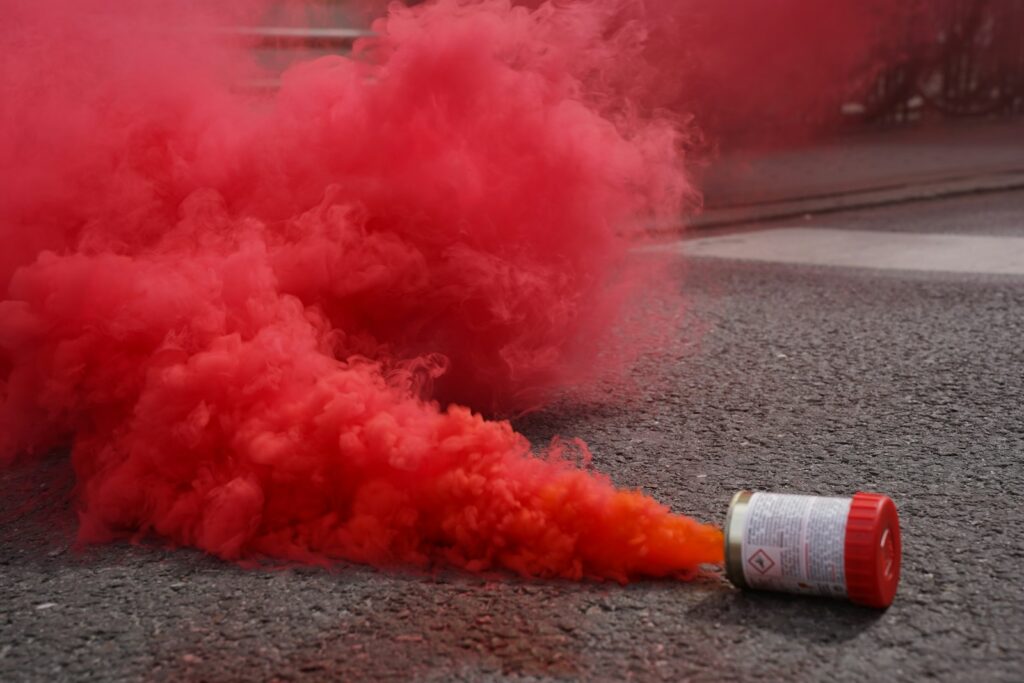British Sugar has been given permission to use thiamethoxam on sugar beet crops to protect against the virus yellows, despite risk of ecosystem damage.
A neonicotinoid insecticide has been green lit by the UK Department for Environment, Food and Rural Affairs (DEFRA) amid fears a highly destructive disease could wreak havoc on crops, despite scientific advice warning of the chemical’s impact on surrounding ecosystems.
Thiamethoxam was banned in Europe in 2018 following a series of studies that showed it harms bees. An application for exemption was made by British Sugar in 2021, following the devastating impact of virus yellows – spread by aphids – on sugar beet 12 months earlier, when national yields were down by one quarter as a result of the infection. However, the pesticide wasn’t used last year as forecasts for virus prevalence were low.
By comparison, 2022’s predictions suggest yellows could impact 69% of sugar beet crops, far beyond the threshold of 19% set by policymakers. As a result, an exemption has again been approved for the coming year, in a move branded by campaigners as ‘scandalous’. If used, it will be the first time since 2019 that the substance has been applied to British farmland, while France, Denmark, Spain and Belgium all granted emergency approval in the past three years.
‘The decision to approve an emergency authorisation was not taken lightly and was based on robust scientific assessment,’ said a spokesperson for DEFRA. ‘We evaluate the risks very carefully and only grant temporary emergency authorisations for restricted pesticides in special circumstances when strict requirements are met and there are no alternatives.’
According to research, a single teaspoon of thiamethoxam is toxic enough to kill up to 1.25billion bees, with experts also pointing to the impact on reproductive and foraging functions. Once applied, flowering crops that attract pollinating species should not be grown on the same land for 32 months.
In related news, last year the University of Sydney revealed research suggesting 64% of global agricultural land was at risk of pesticide pollution.
















